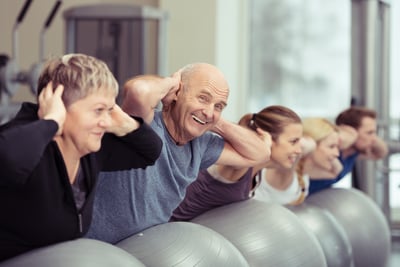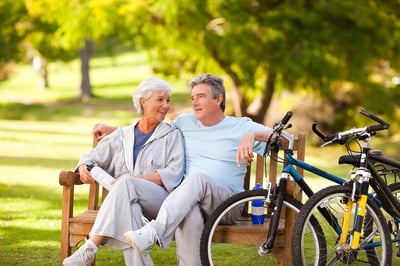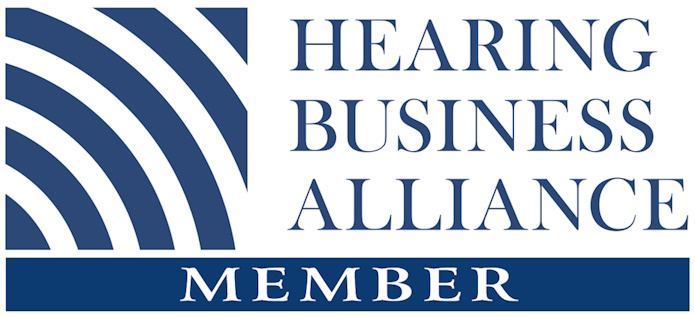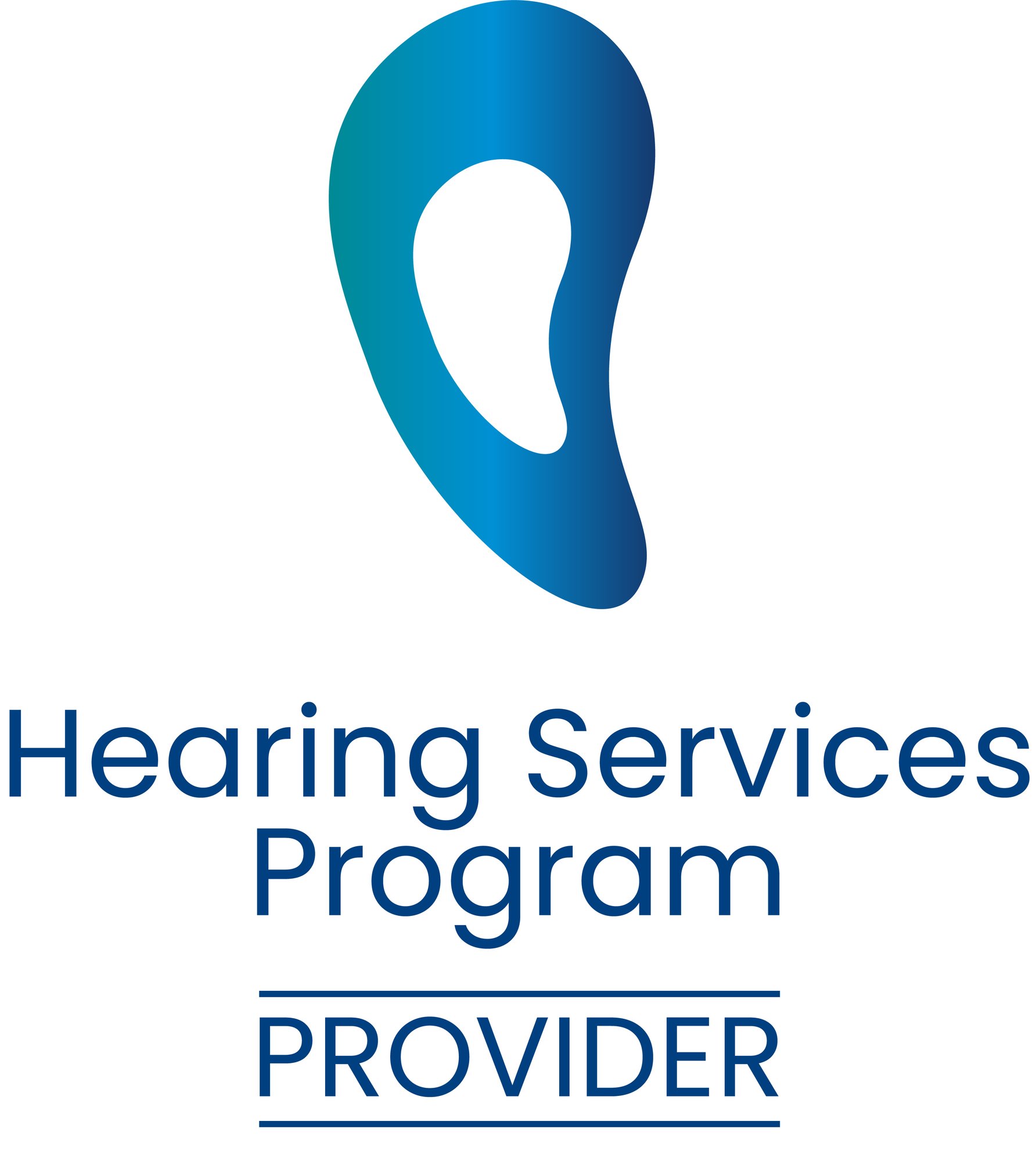Time to Read: 7 minutes
 We all know by now that improved hearing helps improve cognitive function as we age.
We all know by now that improved hearing helps improve cognitive function as we age.
But did you know that improved hearing might just help reduce physical decline too?
New research from Johns Hopkins shows that people with hearing loss have poorer balance, cannot walk as far, walk far slower and experience faster declines in physical function, compared to those with normal hearing.
People with worse hearing have worse physical function.
But before you chalk it up to an irreversible condition called 'old age', there is good news - addressing your hearing loss early appears to slow the decline of physical function.
A study dating back to 2014 also noted the link between hearing decline and physical decline but concluded more research was needed as to whether hearing rehabilitation - such as hearing aids - might affect the amount physical activity someone could do.
The newly released 2021 Johns Hopkins study tracked almost 3000 people and discovered that participants with hearing impairment had faster declines in short physical performance battery (SPPB) tests compared with those with normal hearing.
 This matches the conclusions of a 2019 Japanese survey of more than 137,000 people.
This matches the conclusions of a 2019 Japanese survey of more than 137,000 people.
About 9% of the 137,723 survey respondents examined had reported hearing loss. Their responses also showed the condition increased with age. The researchers further adjusted and refined their analysis to account for factors such as smoking, alcohol intake, and income. The differences between those with and without hearing loss were quite telling.
Of those reporting limitations in outdoor activities such as shopping or travel, 28.9% of those with hearing loss were affected vs. just 9.5% of those without. For psychological distress it was 39.7% vs 19.3%. For memory loss, the gap was the most profound: 37.7% vs 5.2%. These patterns were similar irrespective of age or sex.
While more research in this field is needed, it appears pretty clear to us that addressing hearing loss has important, positive flow on effects in a wide range of areas over and above the ability to hear better.
 When you have your best possible hearing, you maximise the following additional benefits:
When you have your best possible hearing, you maximise the following additional benefits:
- Hearing aids can help with vertigo and dizziness which means you can be more physically active
- Feel more confident to going out in noisy environments
- Better ability to participate in conversations
- Improve stamina/reduce exhaustion
That means you are likely to be more social which helps reduce the feelings of isolation and loneliness which in turn can help reduce incidence of depression. Greater confidence means you are more likely to get out and about which can increase the amount of physical activity you do. Improved cardiovascular fitness also helps your hearing health.
Being more actively engaged in the world, both mentally and physically, is an important part of staving off dementia.
At Value Hearing we believe that caring for your hearing should be part of a holistic approach to your health and well-being.
We have other articles to help inspire you to address your hearing loss:

